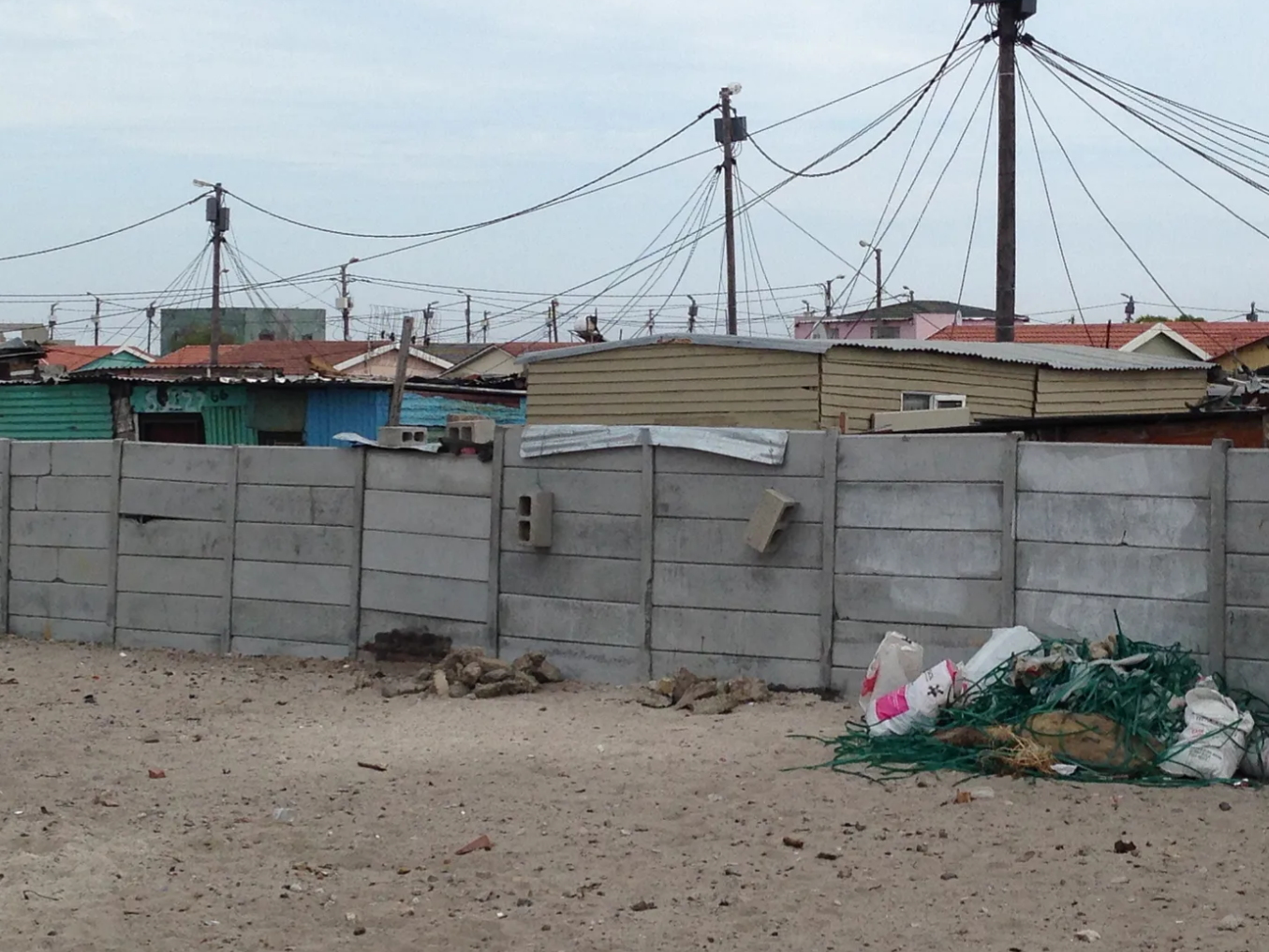Housing and Prosperity
Panel Discussion on South African White Paper

This article provides a critical overview of a panel discussion hosted by INSITE on the South African Draught Human Settlements White Paper, initially released for public comment in 2023 and finalised in January 2025. The discussion brought together prominent voices from civil society, academia, and housing advocacy, including Nomzamo Zondo, Kashiefa Achmat, Patrick Bond, and moderator Vuyo Futshane. The conversation focused on the White Paper’s ideological leanings, policy gaps, and lack of meaningful public consultation.
Panelists expressed concern that the White Paper promotes a neoliberal view of housing by positioning citizens as self-reliant entrepreneurs rather than rights-holders entitled to state-supported housing. This shift undermines the constitutional right to adequate housing, particularly for South Africa’s most vulnerable populations. The document was also criticised for failing to acknowledge or address the realities of informal settlements and urban poverty, and for lacking specific, actionable strategies for implementation. While the gazetted version of the White Paper includes minor revisions, it continues to ignore core issues such as tenure security, spatial inequality, and community-based solutions.
Another major critique was the inadequate public participation process. The Department of Human Settlements was faulted for not allowing enough time or channels for affected communities to meaningfully engage with the policy development process. This lack of consultation, according to the panelists, undermines the legitimacy of the White Paper and contributes to ongoing distrust between the state and civil society.
The discussion also highlighted the absence of sufficient empirical data in the White Paper to support effective resource allocation and measure the policy's potential impacts. The document was viewed as disconnected from the lived experiences of marginalised communities and failed to break with post-apartheid patterns of exclusion in housing policy. Panelists argued that, despite the rhetoric of transformation, the White Paper reinforces long-standing structural inequalities.
In conclusion, the panel called for a fundamentally different approach to housing policy, one grounded in human rights, genuine community engagement, and a rejection of top-down, market-driven solutions. They emphasised that lasting progress in housing will not be achieved without empowering grassroots movements and potentially contesting state power. The article underscores that equitable housing in South Africa requires transformative change that places people, not profit, at the centre of policy and implementation.
Abstract based on original source.
For more information about the Human Settlements White Paper, please see:
- the final White Paper, as gazetted; and
- media articles and submissions on the draft White Paper during the public commenting phase.


Comments